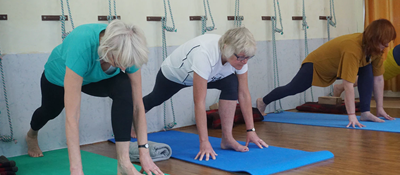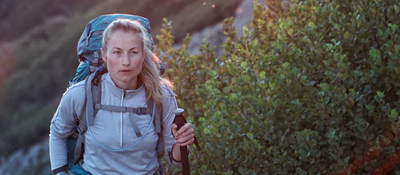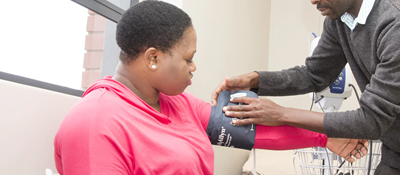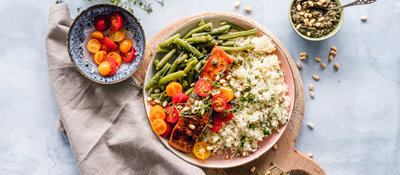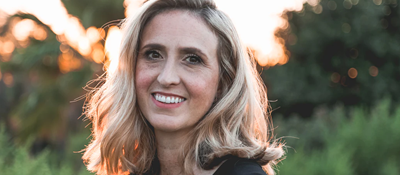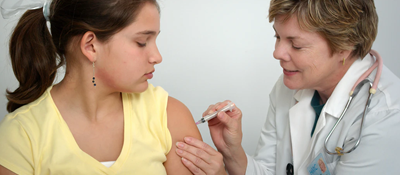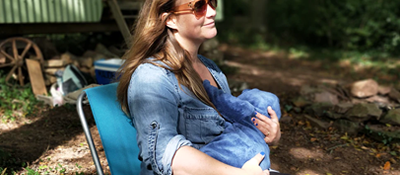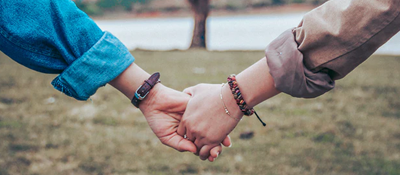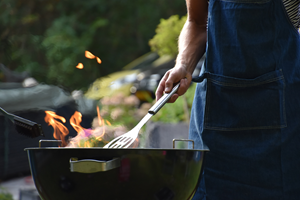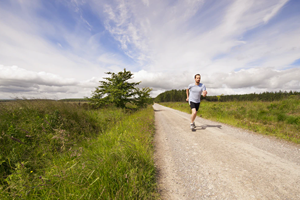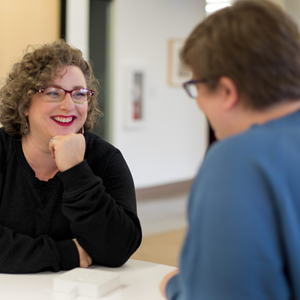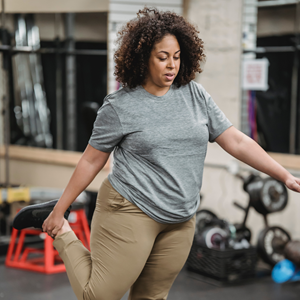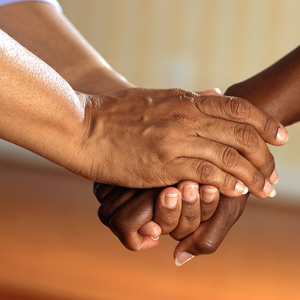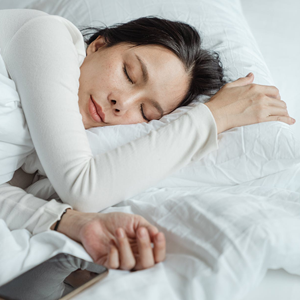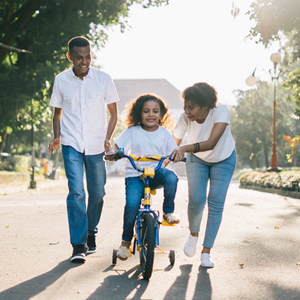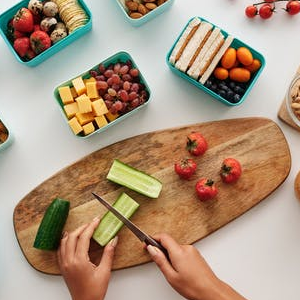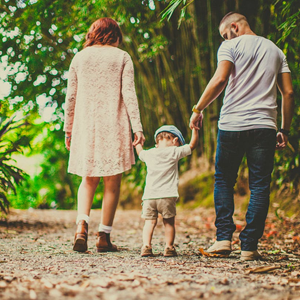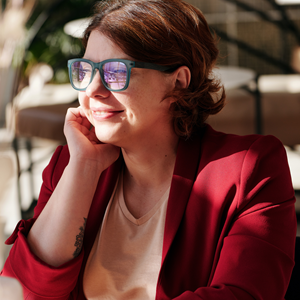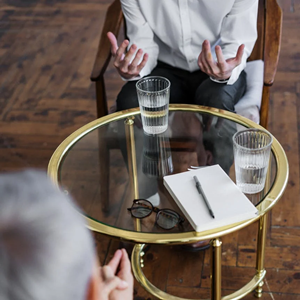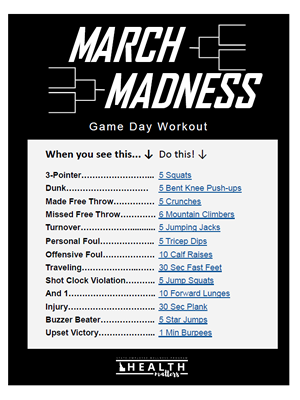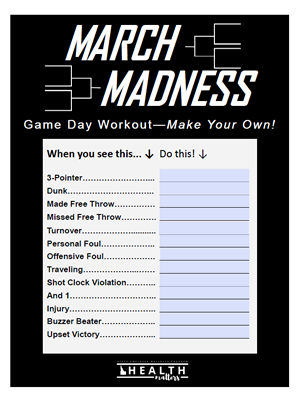Category: Uncategorized
Women’s Health Check Program
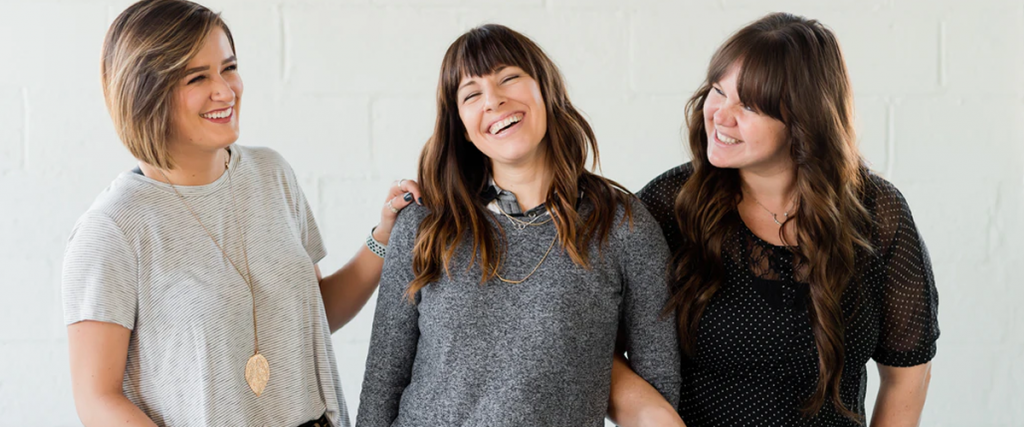
By: Brie Veltri, Health Program Specialist, Idaho Department of Health and Welfare
What is Women’s Health Check
Women’s Health Check provides FREE breast and cervical cancer screenings and diagnostic testing for women who qualify. Service providers include public health districts, primary care offices, hospital systems, mobile mammography services, community health centers, and more. Local Coordinators across the state can answer questions about eligibility, covered services, and can also enroll women into the program.
Breast and Cervical Cancer Medicaid: Women screened or diagnosed with cancer and certain precancers through Women’s Health Check may be eligible to receive treatment through Breast and Cervical Cancer Medicaid.
Why it Matters
Breast cancer is the second leading cause of death for Idaho women. If caught early, your chances of survival increase greatly. Cervical cancer is preventable with regular screening tests and follow-up. It also is highly curable when found and treated early.
Who Women’s Health Check Serves
- Those without health insurance or those with Medicaid
- US Citizens or Legal Permanent Resident for at least five years
- Low income women
- Women ages 21-64
Spread the word about the free screenings available through
If you (or anyone you know) might qualify, contact a local women’s health check coordinator for more information
Women’s Health Check!
Enroll Today!
Local coordinators across Idaho can provide more information and assist in enrollment. For more information contact a local coordinator to learn how out program can help you. Call one today!
- Panhandle Health District (Benewah, Bonner, Boundary, Kootenai, and Shoshone Counties)
- Tina Ghirarduzzi / 208-415-5140
- Southwest District Health (Adams, Canyon, Gem, Payette, Owyhee, and Washington Counties)
- Karen Douglass / 208-365-6371 ext. 5601
- South Central Public Health District (Blaine, Camas, Cassia, Gooding, Jerome, Lincoln, Minidoka, and Twin Falls Counties)
- Melinda Bauman / 208-737-5900
- Southeastern Idaho Public Health (Bannock, Bear Lake, Bingham, Butte, Caribou, Franklin, Oneida, and Power Counties)
- Darlene Davis / 208-239-5290
- Eastern Idaho Public Health (Bonneville, Clark, Custer, Fremont, Jefferson, Lemhi, Madison, and Teton Counties)
- Rachel Mugleston / 208-533-3198
- Lucy Castaneda / 208-533-3209
- Terry Reilly (Ada, Canyon, and Owyhee Counties)
- Don Morrison / 208-466-7869 ext. 1223
- Family Medicine Residency of Idaho (Ada and Elmore Counties)
- Ilian Mendez / 208-514-2500 ext. 1024
- Saint Alphonsus Breast Care Center (Ada, Adams, Boise, Canyon, Elmore, Gem, Owyhee, Payette, Valley, and Washington Counties)
- Debbie Sager / 208-367-8332
- St. Mary’s Hospital (Clearwater, Idaho, Latah, Lewis, and Nez Perce Counties)
- 208-962-3267
Ways to reduce the risk of cancer:
Mastering Mindfulness

Four Simple Ways to Pay More Attention to the Current Moment
The Cambridge Dictionary defines mindfulness as “the practice of being aware of your body, mind, and feelings in the present moment, thought to create a feeling of calm.” It means being aware of your thoughts, feelings, and surroundings instead of going through life on autopilot. Mindfulness matters because it can help manage stress, anxiety, and depression. It has also been associated with a greater enthusiasm for life and improved self-esteem.
Research shows the average person spends nearly 47% of their waking hours thinking about something other than what they are doing. That means we are spending almost half of our time operating on autopilot. During a busy workday finding time for a 30-minute mindful exercise can feel impossible. But that does not mean you cannot be mindful at work. Mindful exercises can be as short as you want. Even one minute of consciously connecting with one of your senses can be classified as a mindful exercise. You do not even need to close your eyes or be sitting down. Be creative and find short times in your day to add a bit of mindfulness. Think of mindfulness as a muscle. The more you exercise your mindful muscle, the stronger it becomes. Use the four simple strategies below to help you cultivate more mindfulness in your day-to-day life.
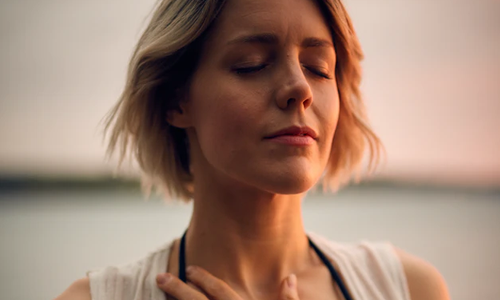
Take Some Deep Breaths
Breathe in through your nose to a count of 4, hold for 1 second and then exhale through the mouth to a count of 5. Repeat often.
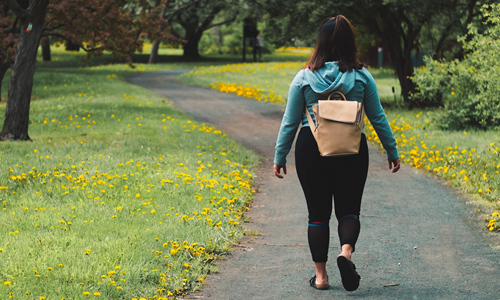
Enjoy a Stroll
As you walk, pay attention to your breath and the sights and sounds around you. If thoughts and worries enter your mind, note them but then return to the present.
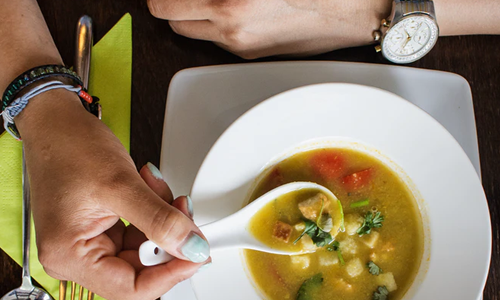
Practice Mindful Eating
Be aware of taste, textures, and flavors in each bite. Listen to when your body is hungry and full.
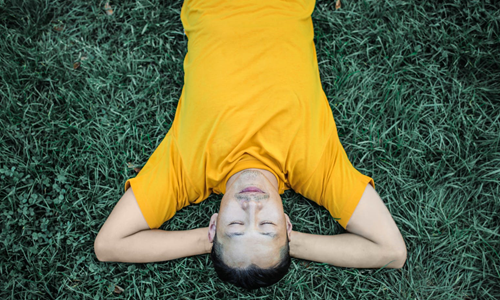
Do a Body Scan
Bring your attention to how each part of your body is feeling. This can help you connect with your body.
More Mindfulness Resources:
- Wandering Mind Not a Happy Mind
- How to Practice Mindfulness Throughout Your Work Day
- 10 Ways to Be Mindful at Work
- Stressing Out? S.T.O.P.
Summer Safety

National Safety Month in June is an opportunity to prevent unnecessary injuries and deaths at home, at work, on the roads, and in our communities. It’s almost summer which means it’s time for fun in the sun, water sports, road trips, campouts, and BBQs! Make safety a priority for a happy and healthy summer with family and friends.
Elder Abuse
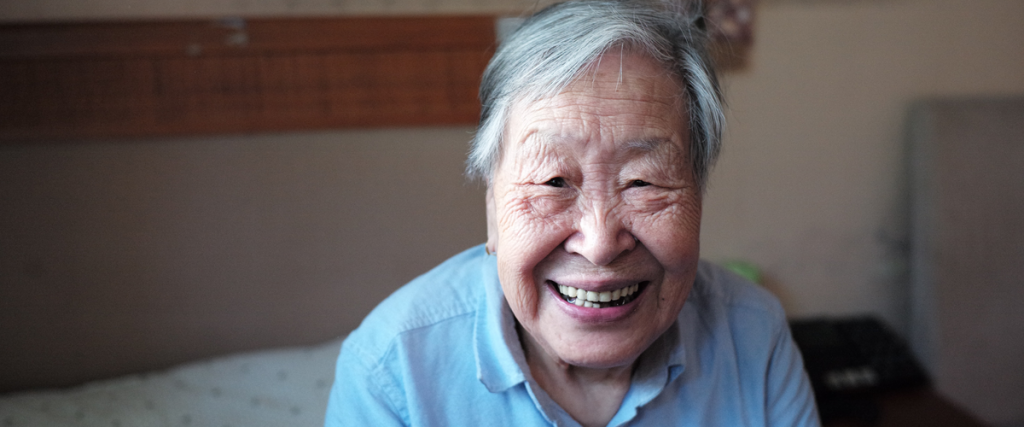

An estimated 5 million older adults, or 1 in 10 older Americans experience physical, mental, and financial elder abuse, neglect, or exploitation each year. Unfortunately, it occurs in every demographic and can happen to anyone—a family member, a neighbor, even you. It is estimated that only one in five of these crimes are discovered.
Each year, throughout the month of June, the Idaho Commission on Aging, our statewide partners, and communities around the world promote Elder Abuse Awareness Month to coincide with World Elder Abuse Awareness Day, June 15. The purpose of this awareness campaign is to promote better understanding of abuse and neglect of older people by raising awareness of the cultural, social, economic, and demographic processes affecting elder abuse and neglect.
As we confront the COVID-19 virus, and physical distancing measures, we know that social isolation increases older adults’ risk of experiencing abuse, neglect, and exploitation and the likelihood of unreported instance of concerns from neighbors and others in Idaho communities. We also know fraudsters are taking advantage of this crisis with new scams. This makes the World Elder Abuse Awareness Day vision of “stronger supports for older adults” more important than ever before. Individual and community prevention efforts and supportive services help keep older adults safe and healthy, to help stop abuse before it happens.
This year, in June, join the Idaho Commission on Aging and communities around the world in bringing awareness to elder abuse as we continue our work to build strong support for elders.
Wear purple clothing or a ribbon on June 15!
When someone asks you if purple has special meaning, start a conversation about elder abuse. It’s more common than you think, and rarely discussed socially.
Resources:
- Visit to the National Center on Elder Abuse website to increase your knowledge about elder abuse.
- Learn how you can decrease loneliness in older Idahoans with the Let’s End Loneliness Campaign in Idaho.
- Visit the ICOA website to learn about programs to keep vulnerable Idahoans safe.
Healthy BBQ Recipe Roundup
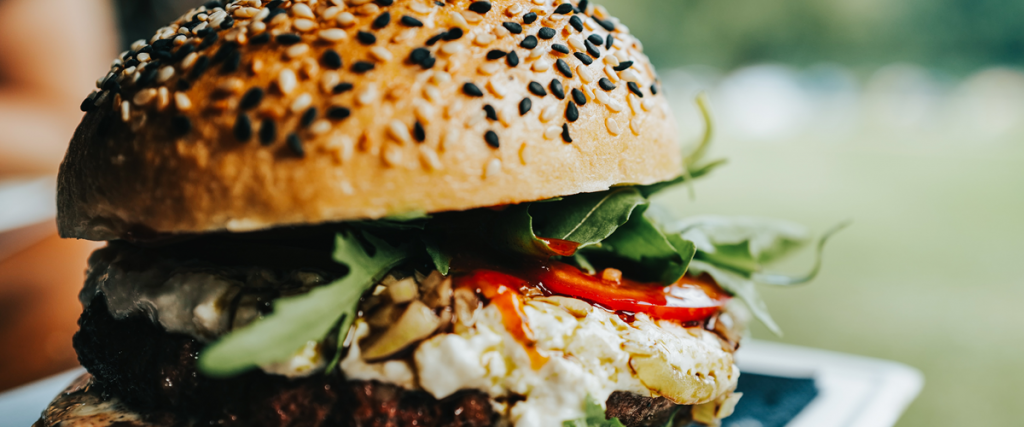
BBQ season is just around the corner! Check out this roundup of healthy and easy recipes that you can take to your next backyard BBQ.
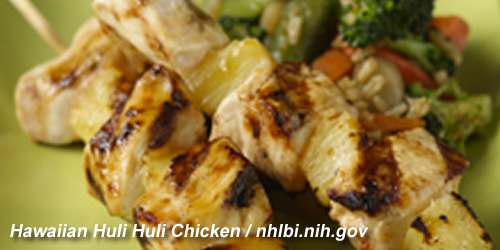
Hawaiian Huli Huli Chicken
low carb / easy prep
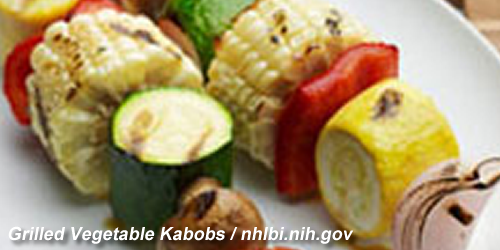
Grilled Vegetables Kabobs
simple side / fun finger food
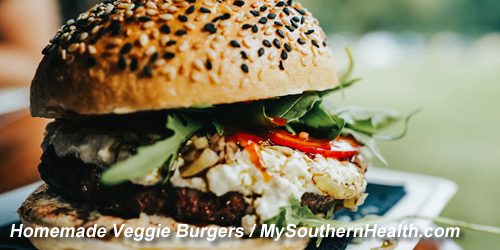
Homemade Veggie Burgers
meatless / healthy comfort food
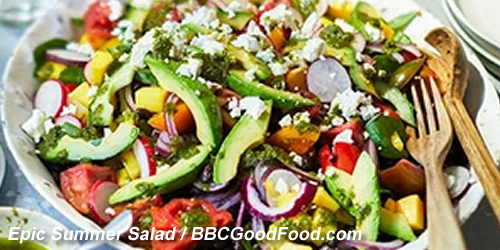
Epic Summer Salad
veggie-packed / healthy side
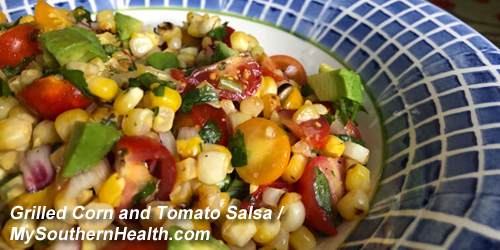
Grilled Corn and Tomato Salsa
healthy appetizer / make ahead
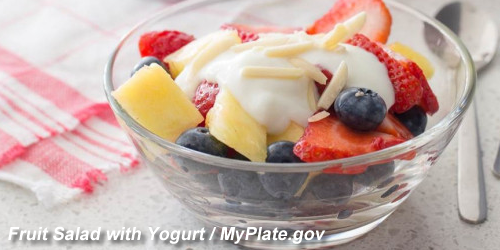
Fruit Salad with Yogurt
healthy dessert / easy assembly
Don’t Fry Day
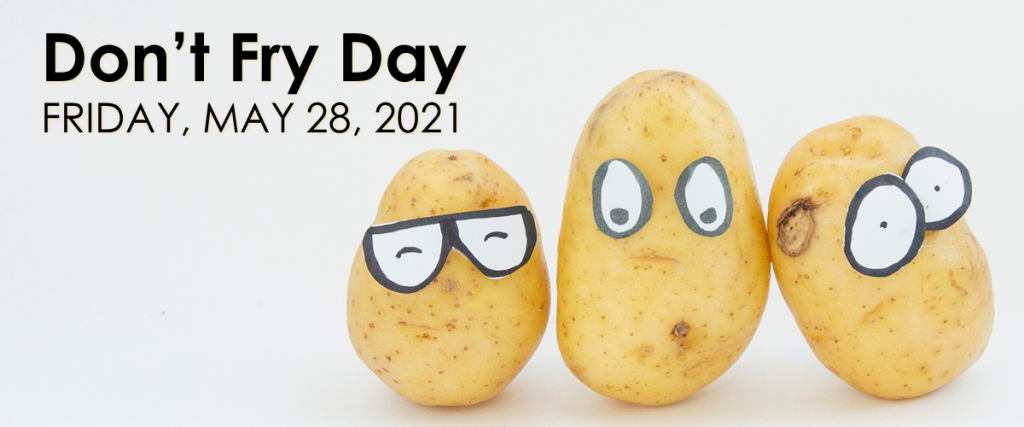
2021 Don’t Fry Day Photo Contest Prizes:
Thank you to the Idaho Potato Commission for generously donating the awesome Idaho potato prizes!




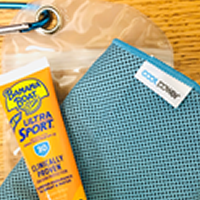
2021 Don’t Fry Day Photo Contest Winners:
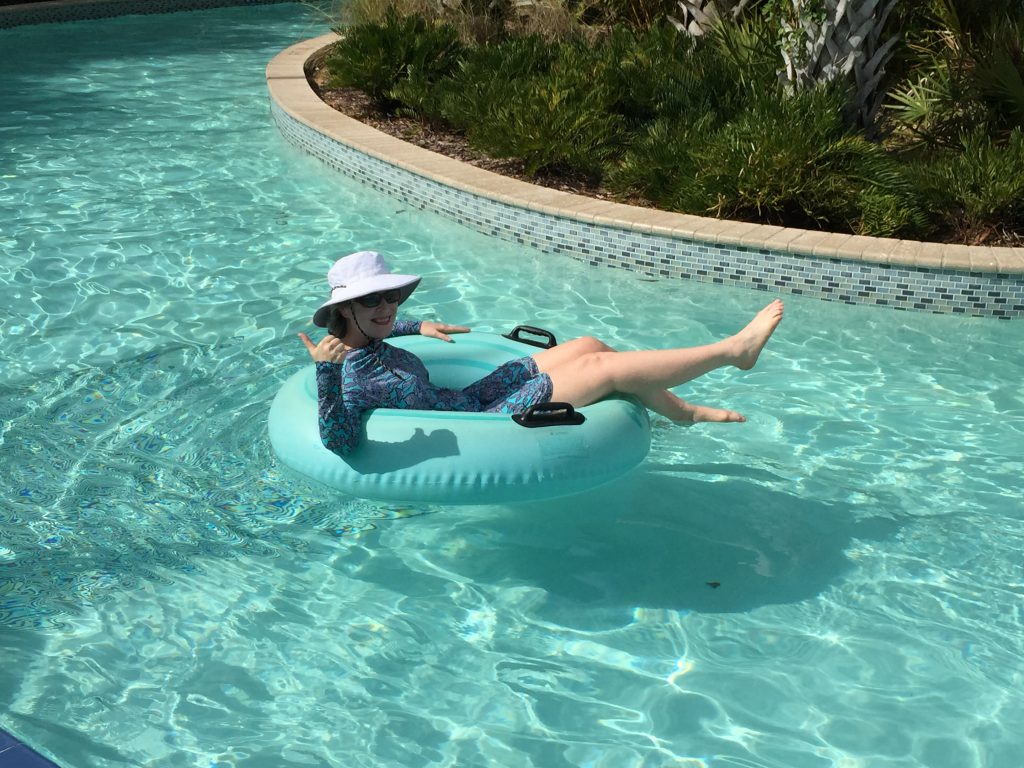
BEST OVERALL
“I love pool days ! Here I am with my wide brim hat, polarized sunglasses, sun blocking shirt and long skirt, and lots of mineral based sunblock on my skin. Lots of protection with no loss of fun.”
Submitted by: Judy B. Taylor, ICOA
BEST TEAM PHOTO
“Cover up… safety first and don’t fry! P.S. If you want to quit smoking, vaping or chewing contact us at Projectfilter.org”
Submitted by: Elizabeth Hoyt, DHW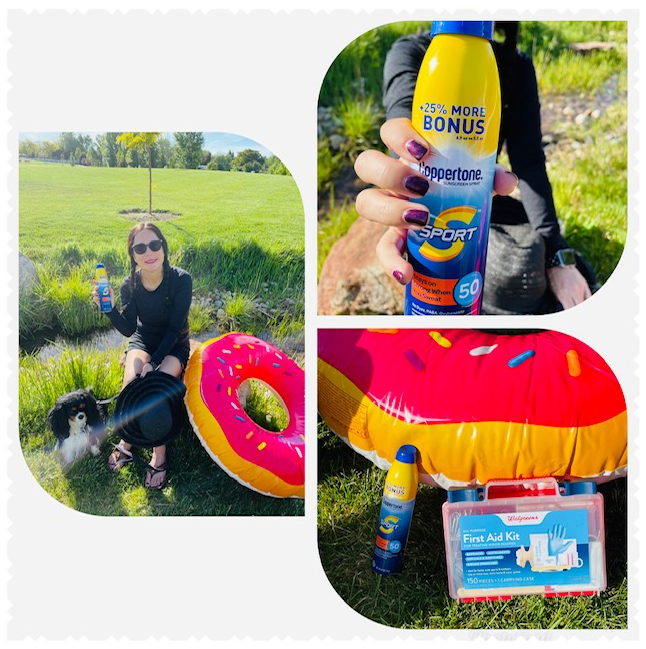
BEST SUN SAFETY SETUP
Submitted by: Leahann Romero, IDJC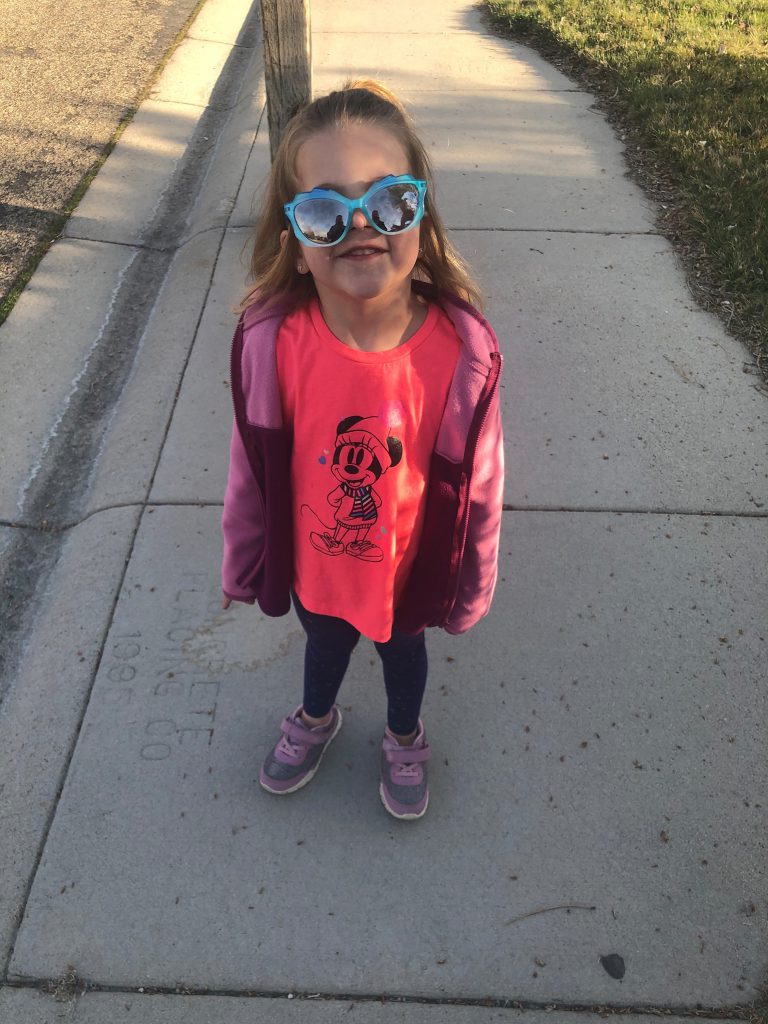
CUTEST (TIE!)
“Don’t forget to wear your best Elsa sunglasses.”
Submitted by: Angie Baker, IDJC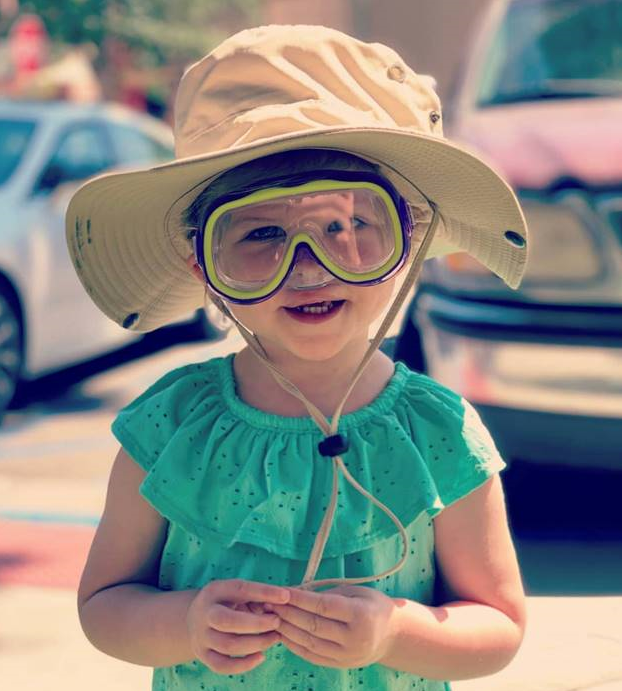
CUTEST (TIE!)
“Bust out the wide-brimmed hats and maybe even some UV filtered goggles for your next safari (zoo) adventure!”
Submitted by: Vanessa Murray, ISP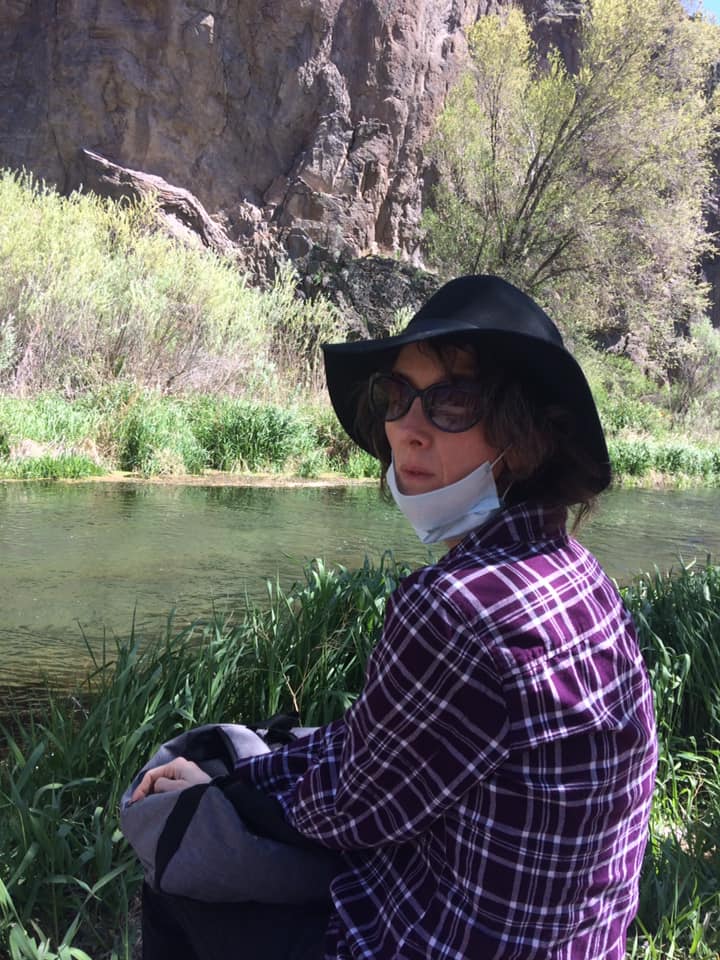
HONORABLE MENTION
Submitted by: Burcu Seyben, CSI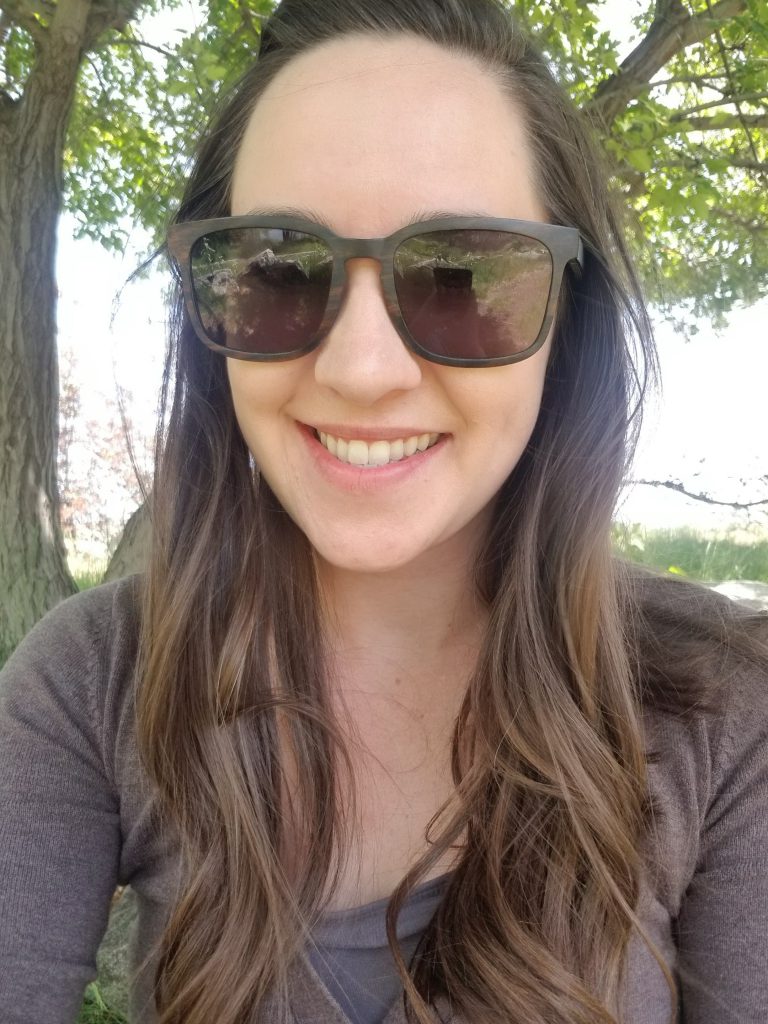
HONORABLE MENTION
“The best sun safety practice: staying in the shade!”
Submitted by: Chelsea Chambers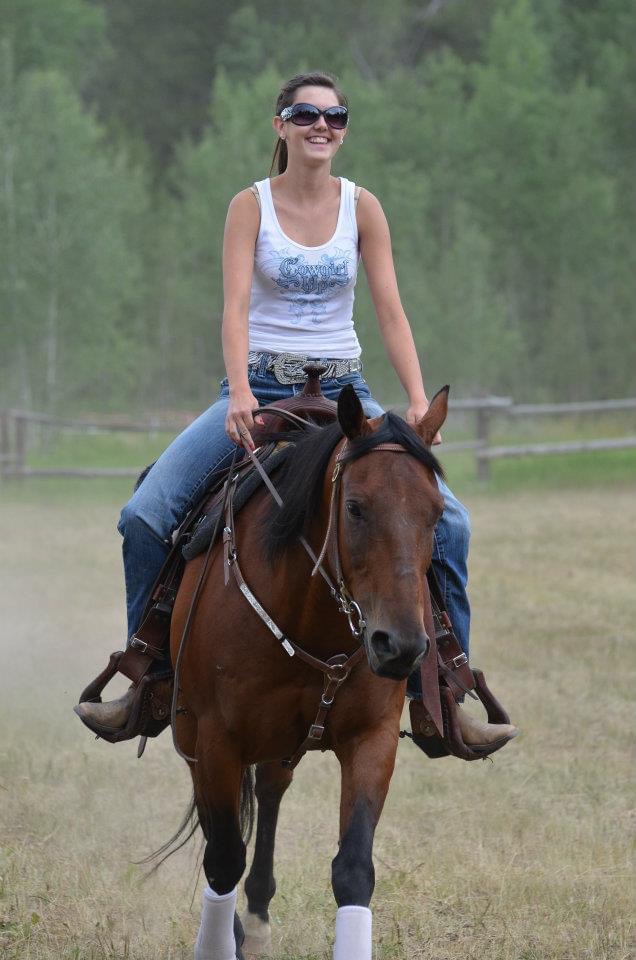
HONORABLE MENTION
“Summer fun!”
Submitted by: Dalee Shoemaker, ISP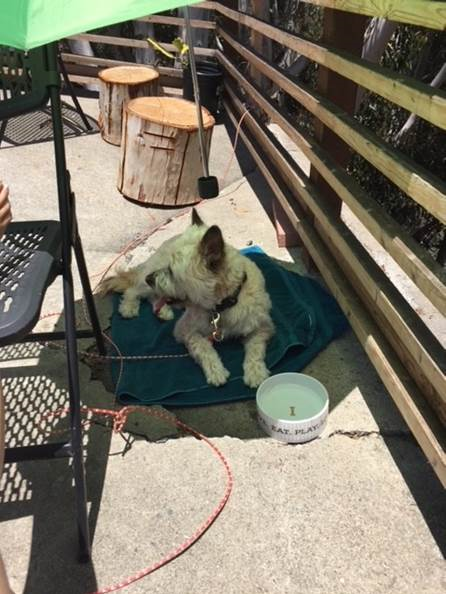
HONORABLE MENTION
“Sun safety is important, not just for us, but for our furry friends too! Remember if you’re out enjoying the sun to have a shady spot with plenty of water for you pup!”
Submitted by: Gina Cabrera, CTE
- Best Overall: Judy B. Taylor, Idaho Commission on Aging
- Best Team Photo: Elizabeth Hoyt, Department of Health and Welfare
- Best Sun Safety Setup: Leahann Romero, Department of Juvenile Corrections
- Cutest Photo (tie!): Angie Baker, Department of Juvenile Corrections and Vanessa Murray, Idaho State Police
- Honorable Mentions:
- Burcu Seyben, College of Southern Idaho
- Chelsea Chambers, Parks and Recreation
- Dalee Shoemaker, Idaho State Police
- Gina Cabrera, Career and Technical Education
The Friday before Memorial Day is designated as “Don’t Fry Day” to encourage sun safety awareness.
To help reduce rising rates of skin cancer from overexposure to the ultraviolet (UV) rays of the sun, the Friday before Memorial Day is designated as “Don’t Fry Day” to encourage sun safety awareness and to remind everyone to protect their skin while enjoying the outdoors.
2021 Don’t Fry Day Photo Contest
Show us how you prevent the fry and practice sun safety!
Submit a photo showcasing your best sun safety practices by Tuesday, June 1 at 5:00 p.m. Mountain Time to be entered into the 2021 Don’t Fry Day Photo Contest. Photos will be voted on by Idaho Division of Human Resources employees and special consideration will be given to photos expressing creativity, humor, and FUN!

Photo Contest Prizes
Five photo contest winners will be announced in the June 15 Health Matters newsletter. Winners will receive awesome prizes generously donated by the Idaho Potato Commission.
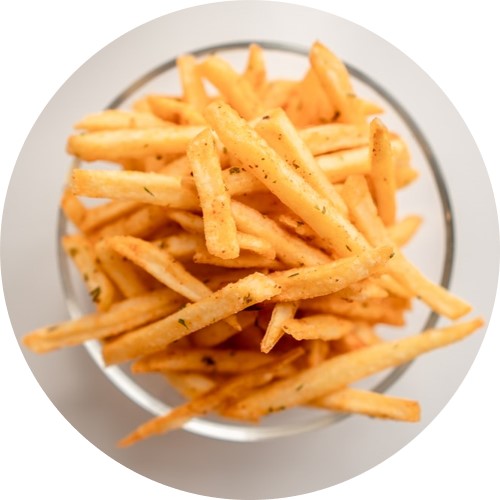
Potatoes look good fried, but YOU do not!
Protect your skin while enjoying Idaho’s great outdoors. Slip on a shirt, slop on sunscreen, slap on a hat, and wrap on sunglasses.
Melanoma Awareness Month

By: Brie Veltri, Health Program Specialist, Idaho Department of Health and Welfare
What is Skin Cancer?
- Skin cancer is caused when UV rays penetrate the skin and damage connective tissue and DNA.
- Skin cancer is the most common form of cancer in the United States.
- The two most common types are carcinomas. They are highly curable, but can be disfiguring and costly to treat.
- Melanoma, the third most common skin cancer, is more dangerous and causes the most deaths. These three types of skin cancer are caused primarily by overexposure to ultraviolet (UV) light.
Sunburn Fast Facts
- Your risk of getting skin cancer DOUBLES with five or more sunburns.
- Redness develops three to five hours after the damage is done, making it hard to tell if you are getting burnt.
- Redness peaks 12-24 hours after sun exposure.
- If you have fair skin or hair, you have less melanin. This means you are at a higher risk of a sunburn.
- Medicines, such as ibuprofen and antibiotics, can increase your risk for sunburns.
Who is at Risk?
The following might put you at greater risk of developing skin cancer:
- Light skin colors
- Blonde and red hair
- Blue or green eyes
- Personal or family history of melanoma
- Exposure to sun through work and play
- History of sunburns in early life
- History of indoor tanning
- Large number of moles
Prevention
By doing the following, you can reduce your risk of skin cancer:
- Seek shade
- When possible, outdoor activities should be scheduled to avoid peak UV radiation periods (generally between 10:00 a.m. and 4:00 p.m.).
- Cover up
- Wear hats, scarfs, or other head coverings to keep sun off your face and neck.
- Wear sunglasses to protect your eyes.
- Wear clothing that covers your arms and legs.
- Apply sunscreen
- Use sun protection factor (SPF) 30 or higher.
- Reapply sunscreen every two hours.
- Make sure to cover all areas of your face and body.
Learn More
Use these resources to learn more about skin cancer, what it is, and ways to protect yourself against it.
You Are Not Alone
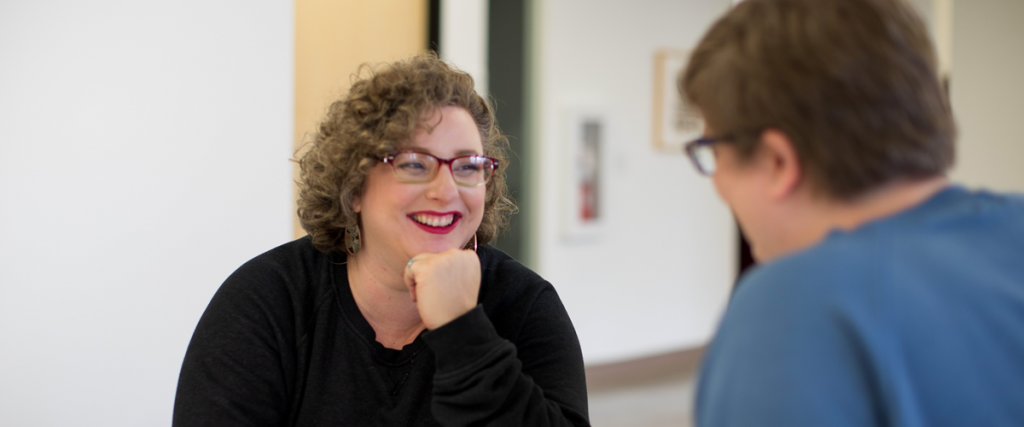
May is Mental Health Awareness Month
The goal of Mental Health Awareness Month is to fight stigma, provide support, and raise awareness about mental health within our communities.
You Are Not Alone
In the United States, one in five adults live with some form of mental illness and nearly half of all adults will experience a mental illness at some point during their lifetime.1
Mental health is essential to a person’s well-being, relationships, and the ability to live a full and productive life. People with untreated mental health issues, such as depression and anxiety, are at high risk for many unhealthy and unsafe behaviors, including alcohol or drug abuse, violent or self-destructive behavior, and suicide—the 2nd leading cause of death for Idahoans aged 10-44.2
Social stigma can make navigating life with a mental illness even more challenging. The stigma surrounding mental illness can cause people to feel embarrassed or ashamed, ultimately preventing them from seeking the help they need. Talking openly about mental health will help to eliminate some of the associated stigma and is one small step we can all take to help improve the mental health landscape in Idaho.
One in five adults in the United States live with some form of mental illness.
source: national institute of mental health
Bust Stigma
Mental health conditions are as common and treatable as physical conditions such as high blood pressure or asthma. Unfortunately, because of stigma, we do not usually talk about mental health conditions as openly as physical conditions. Use the following tips to help bust mental health stigma in your workplace and larger community:
- See the whole person. A person’s mental health condition does not define who they are.
- Offer support. Do not be afraid to reach out to someone you feel might be struggling.
- Challenge misconceptions around mental health. Speak up if you hear a coworker or friend spreading stereotypes and myths about mental illness.
- Understand that your words matter. Use respectful language around mental health and avoid labels like “crazy” or “unstable.”3
Employee Assistance Program
Talking with a therapist or counselor helps people process their thoughts, feelings, behaviors, stresses, goals, and past experiences.4 The Employee Assistance Program, or EAP, provides confidential, short-term counseling services for benefit eligible employees and their dependents to help them handle concerns constructively before they become major issues. Benefit eligible State of Idaho employees and their dependents may receive 1 to 5 visits per person per plan year with no copayment required. Visit the Office of Group Insurance’s website for details.
Employee Assistance Program
The 10 Tools
Boost your own mental health, or support the people you care about, with the Ten Tools. This list of proven resilience strategies can help you feel stronger and more hopeful.5
If you or someone you know is in crisis or emotional distress, please contact the Idaho Suicide Prevention Hotline:
Text or call 208-398-HELP (4357)
or the National Suicide Prevention Lifeline:
Call 1-800-273-TALK (8255)
- https://www.nimh.nih.gov/health/statistics/mental-illness.shtml
- hhttps://static1.squarespace.com/static/5533c618e4b0e276c293c601/t/5c5b79b3ee6eb05bcb43f2b9/1549498809038/Idaho-State-Facts.pdf
- https://business.kaiserpermanente.org/insights/mental-health-workplace/supporting-mental-health
- https://www.mhanational.org/therapy
- https://www.mhanational.org/ten-tools
National Prescription Take Back Day on April 24

On April 24th, the Drug Enforcement Administration (DEA) and its state and local partners will hold the 20th National Prescription Drug Take Back Day. The DEA began the initiative in 2010 to provide easy, anonymous opportunities to remove medicines in the home that are highly susceptible to misuse, abuse, and theft. The Idaho Office of Drug Policy, local Law Enforcement, and prevention partners are hosting Take Back Day collection site events in communities across Idaho on April 24th from 10am to 2pm. You can find events in your area by using the collection site locator tools at takebackday.dea.gov and odp.idaho.gov/prescription-drug-take-back-program.
The events will allow Idahoans an opportunity to safely dispose of any unused or expired prescriptions and help prevent drug misuse in our state. All COVID-19 safety measures will be in place, and individuals will be able to simply drive through and drop off their medications. All prescription meds will be accepted, as well as over-the-counter and veterinary medications. Take Back Day collection sites will also accept vape pens, cartridges, or other e-cigarette devices (without the batteries in the device). Needles will not be accepted.
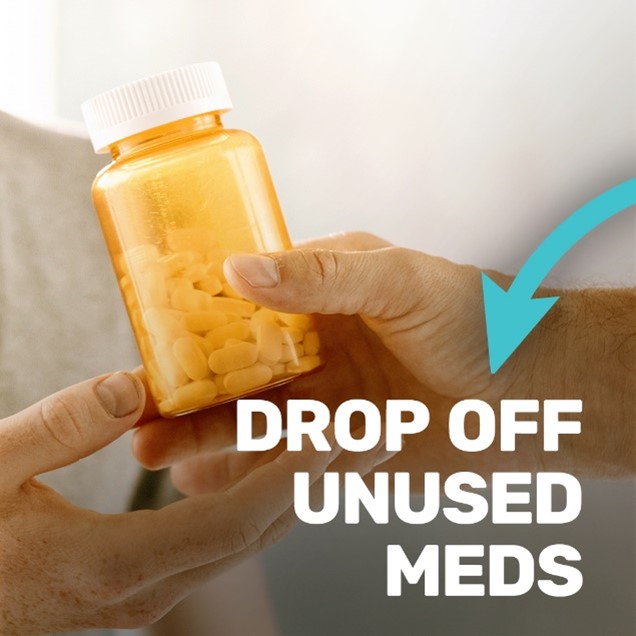
In 2019, over 60,000 Idahoans aged 12 and older misused prescription pain relievers according to the National Survey on Drug Use and Health. Furthermore, results from the 2019 Idaho Youth Risk Behavior and Idaho Healthy Youth Surveys found that nearly 23% of Idaho 12th graders reported misusing a prescription drug one or more times in their life. While a majority of youth did not report misusing prescription drugs, of those that did, over 41% took or received them from a family member or friend, and over 60% misused the medication in their own home.
When left in a medicine cabinet, thrown away or flushed, unused prescriptions can be dangerous to people, animals, or the environment. Help keep our community safe and healthy by dropping off your old medication on Saturday, April 24th.
If you miss your local Take Back Day and need to dispose of prescription medications, find year-round drop off locations online at odp.idaho.gov/prescription-drug-take-back-program.
March Madness 2021

Get up and get moving while you cheer on your favorite teams during March Madness! Download the Health Matters March Madness Game Day Workout and follow along at home. Complete an exercise each time you see a player in the game do one of the actions listed. For example, when someone drains a 3-pointer you do 5 squats, and whenever there is a turnover you do 5 jumping jacks. You can also get creative by downloading a blank PDF and filling in your own moves!
Valentine’s Day
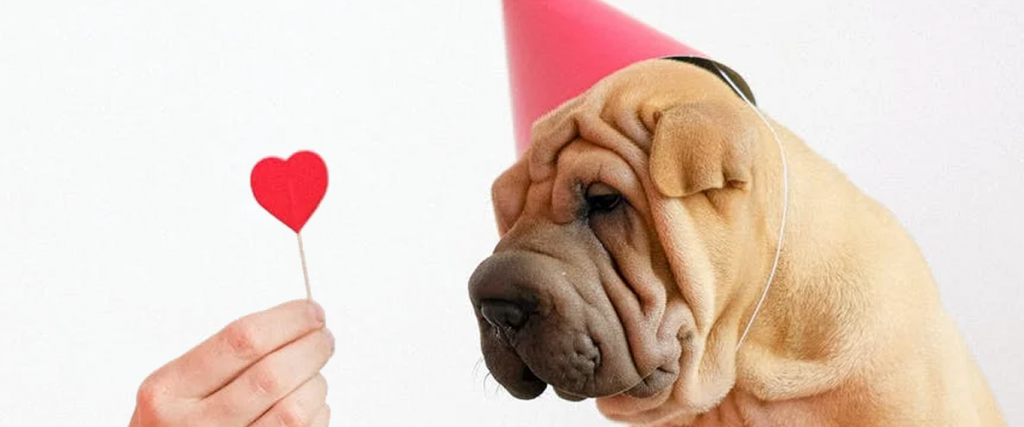
Non-Candy Valentines
Click on the valentines below to download a printable PDF.
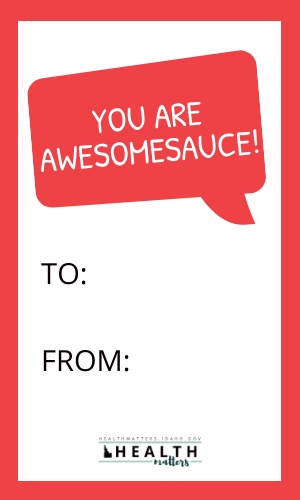
Attach to applesauce or bottle of hot sauce.
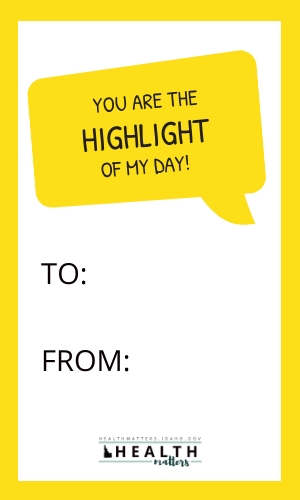
Attach to a highlighter pen.
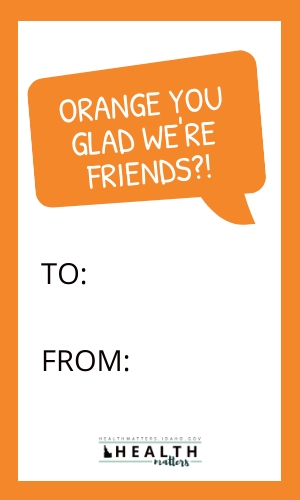
Attach to an orange.
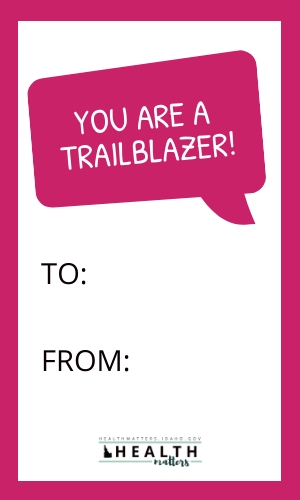
Attach to a bag of trail mix.
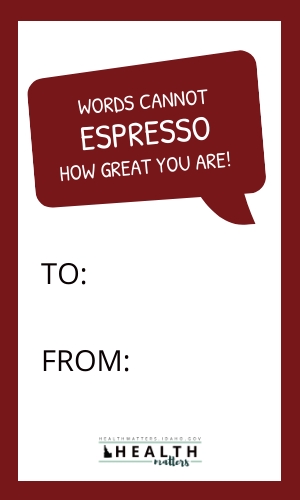
Attach to a coffee/coffee gift card.
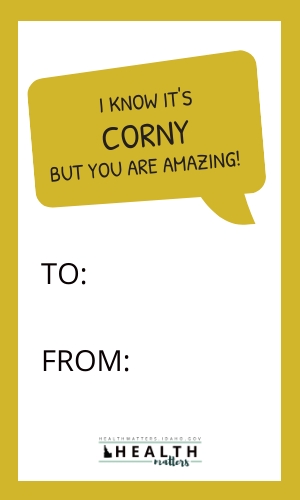
Attach to a bag of popcorn.
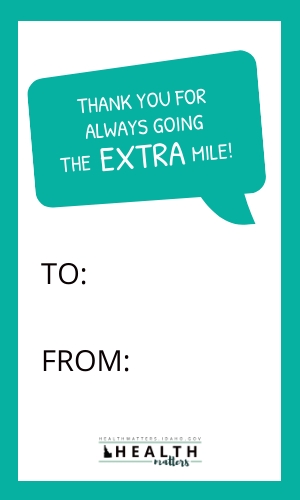
Attach to a pack of EXTRA gum.
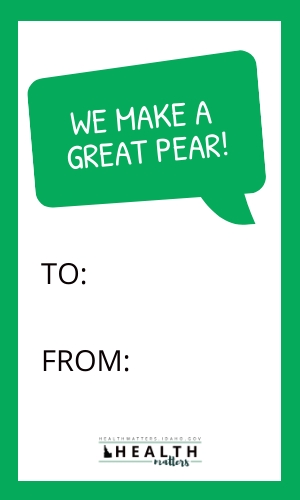
Attach to a pear.
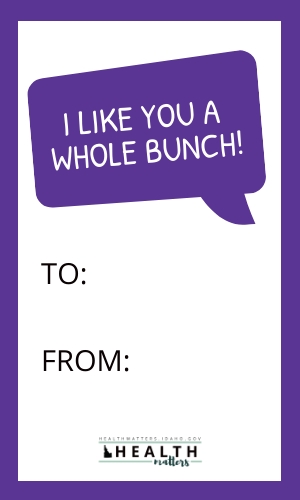
Attach to a bag of grapes.
Diabetes Prevention During a Pandemic

By: Nanci Jenkins, MS, RDN, LD, WIC Dietitian and D,HD, & S Grant Coordinator for Panhandle Health District 1
Have you checked your weight lately? Is your weight creeping up? Are your blood pressure and blood sugar levels rising? Or maybe you have no idea because it’s 2020 and the U.S. is still in the grip of a pandemic. You are not alone! Let’s face it; COVID-19 has changed many of our lives. We are spending more time at home. Our eating habits are changed and our routines for exercise are upended. Viola! The COVID-Ten arrives; ten pounds of unwanted weight gain commonly noted this fall as we realize one more effect the Pandemic has had on our health. Time to step away from the less healthy crowd starting today! The sooner you take that first step, the sooner you decrease your risk of Diabetes, Heart Disease, Stroke or an even more severe illness if you get COVID-19. So what can you do? The following 3 simple steps will start you on your path towards better health.
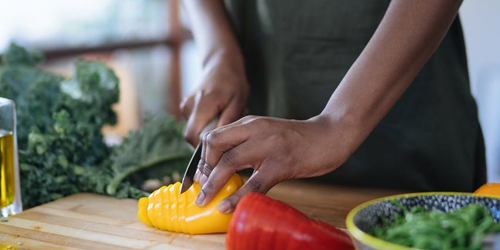
1. Eat Well
Idahoan’s are told to stay at home these days so why not perfect the art of healthy cooking? Focus on increasing vegetables, fiber, and water. Worried about getting COVID-19 at the store? Have the store shop for you and pick up your groceries or have them delivered.
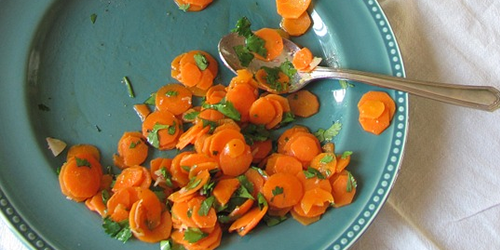
2. Eat Less
Watch an old movie from the 1950’s and pay attention to their plate and glass sizes. Try serving yourself on the smallest ones in your house. Or ask yourself the simple question before every meal or snack, “Do I really need to have these calories right now?”
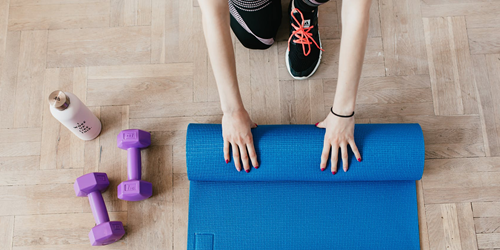
3. Be More Physically Active
You’ve been walking daily and that’s great! Now try adding an exercise video when you return from your walk or later in the day. Ever tried yoga? “Sit and Be Fit”? Maybe hand weights, wall push-ups, or resistance bands are more your style? Make time for 150 minutes of activity at a moderate pace every week!
If you are at least 18 years old and are overweight or obese with a risk of diabetes, you may qualify for the National Diabetes Prevention Program (DPP). This is a CDC recognized and Medicare approved group Lifestyle Change program. Panhandle Health District 1 (PHD1) offers DPP programs in Hayden and in Sandpoint as well as virtually. Go to https://panhandlehealthdistrict.org/diabetes-programs for more information. If you prefer an in person program and live outside of the health district’s geographical area, you may find a DPP program closest to you by going to https://nccd.cdc.gov/DDT_DPRP/Registry.aspx.
Take that first step alone or take it with others in a group with a Lifestyle Coach as in a DPP class. It’s up to you to take it any way that works best for you. Make today be the day you step towards a healthier version of wonderful you!
 Official Government Website
Official Government Website
